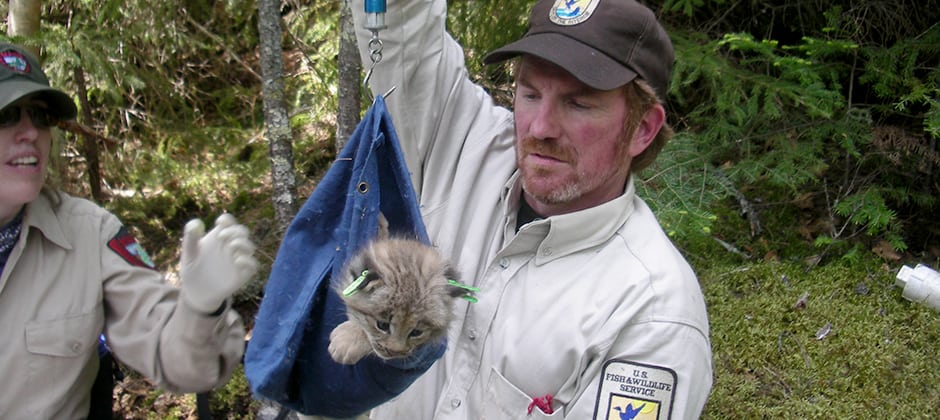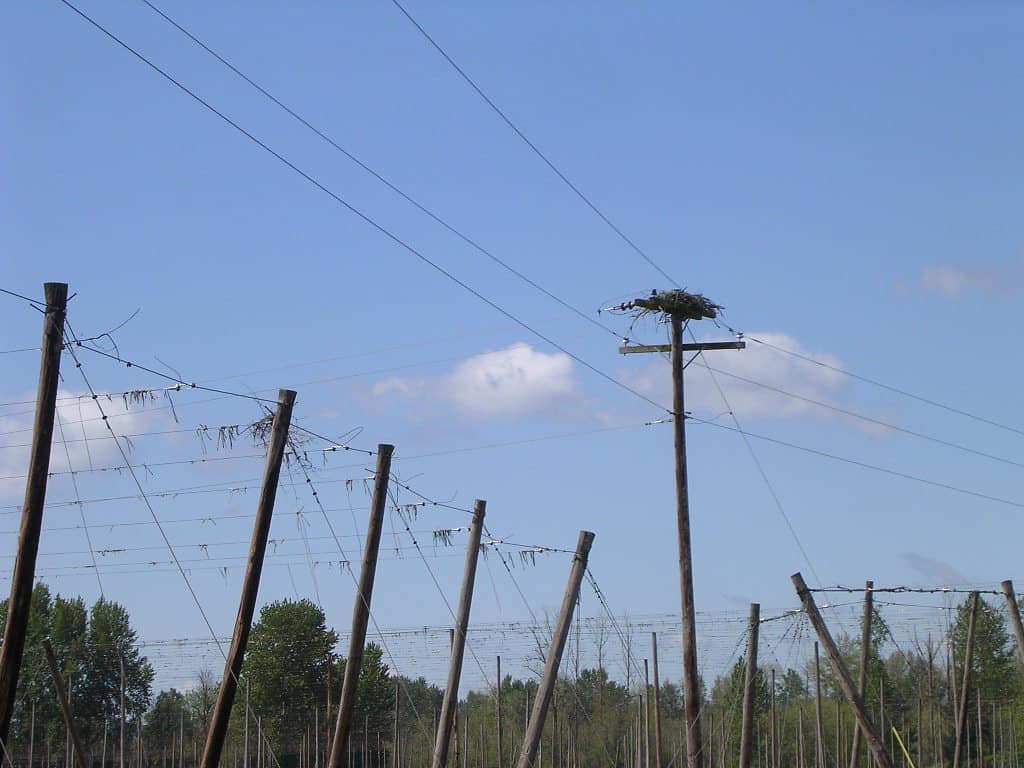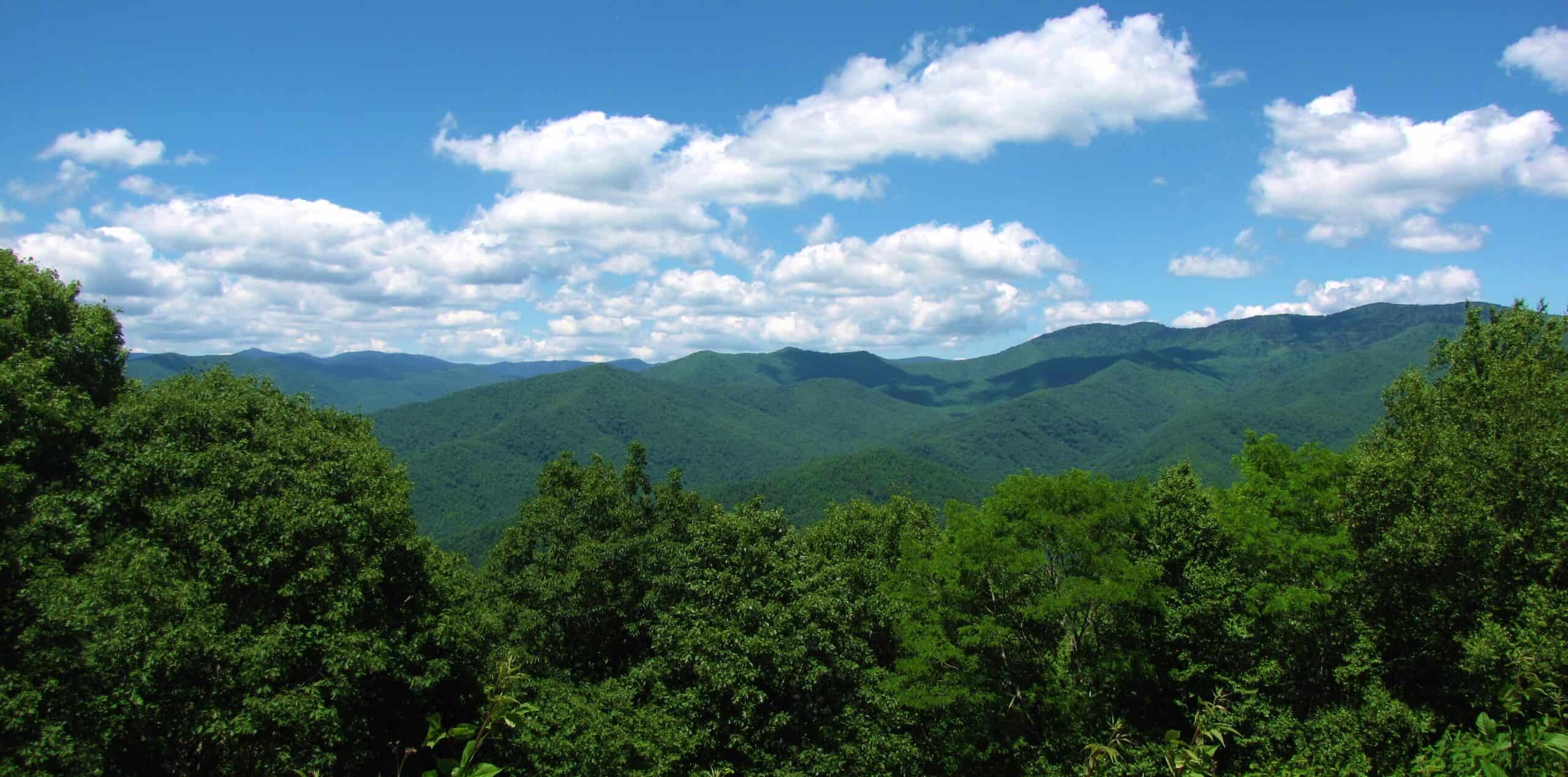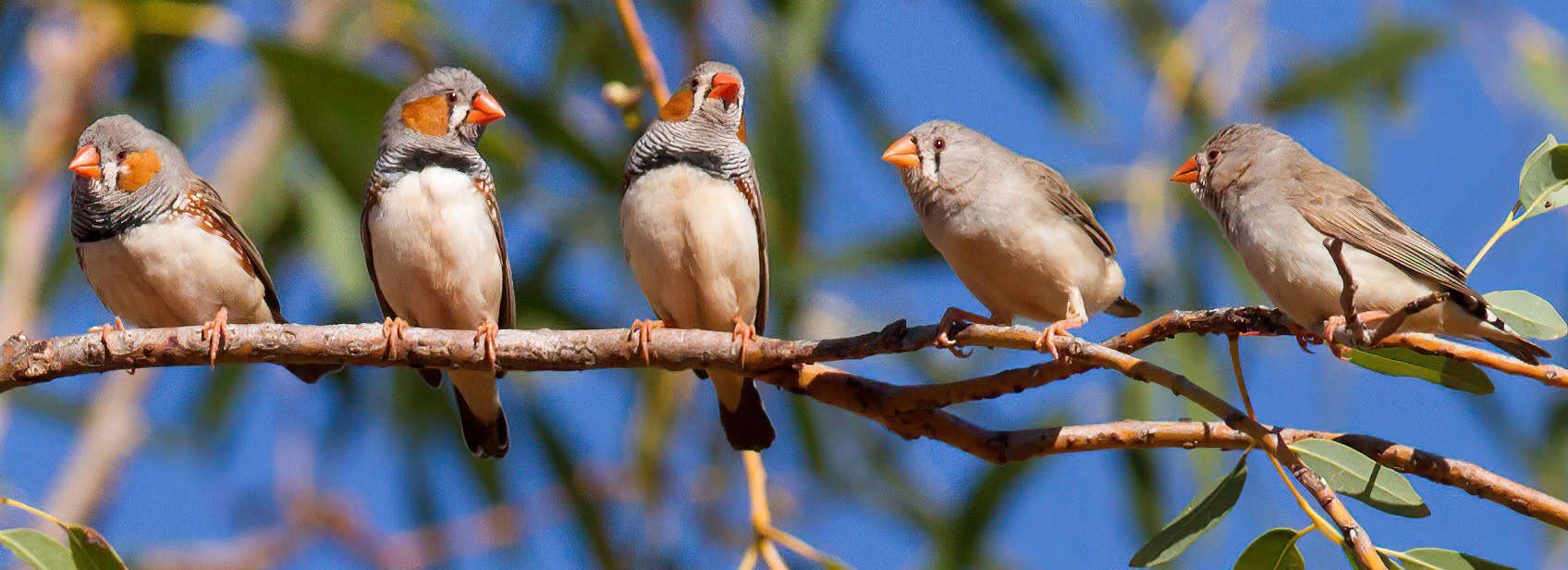Share this article
John Organ earns 2020 Aldo Leopold award
When John Organ retired last year as chief of the U.S. Geological Survey’s Cooperative Fish and Wildlife Research Unit Program, it was with mixed feelings. After more than four years in the position, supervising 119 federal employees and some 550 graduate students, he was on the verge of shoring up funding for a program that was struggling when he arrived. The budget had been declining for years. Vacancies were on the rise. Organ assembled a coalition of partners and cooperators who advocated for full funding.
“The program was in dire straits,” Organ said.
But Organ was undergoing experimental treatment to fight cancer, including aggressive radiation and chemical treatments. “I felt like my energy just wasn’t there,” he said. “I needed to step aside and let someone else take over. That would free me up to work behind the scenes.”
Since he retired in January 2019, the funding has been secured. Vacancies are being filled. New cooperative research units at state universities are expected to come on board.
Retirement hasn’t meant the end of a wildlife career, though, for Organ, the recipient of this year’s Aldo Leopold Memorial Award from The Wildlife Society, an honor that recognizes his lifelong contribution to the field. In his nomination, which was supported by five previous Leopold Award recipients, Organ was praised for a 42-year career that has spanned research, conservation, management and contribution to understanding the North American Model of Wildlife Conservation.
“Dr. Organ is among the most respected professionals in the Western Hemisphere,” wrote TWS past president Thomas Ryder in his nomination letter. “In my humble opinion, “ he continued, “Dr. Organ’s professional values, work ethic and ability to convey complicated biological concepts to laymen make him a modern-day conservationist in the same mold as Aldo Leopold himself.”
Raised in the western Massachusetts community of Northampton, Organ grew up in the outdoors, fishing, hunting, hiking and nursing a fascination with wildlife. He dreamed of following in the footsteps of his early heroes grizzly (Ursus arctos horribilis) researchers Frank and John Craighead.
After graduating from the University of Massachusetts, he embarked on a career that led him from the cooperative wildlife research unit at the university to the U.S. Fish and Wildlife Service, where he started out inventorying wetlands.
“I spent most of my time traveling from Virginia to Maine spending time in swamps,” he said.
Organ spent the next 35 years with the USFWS, serving as a research ecologist, identifying lands for inclusion in the National Wildlife Refuge system, overseeing projects in the Northeast funded by the Federal Aid in Wildlife Restoration Program and the Endangered Species Act, directing cooperative fish and wildlife research programs and leading the Division of Wildlife and Sport Fish Restoration, a position that gave him oversight of $200 million in grant programs to northeastern states.
“I got to do the things I dreamed about as a kid,” he said. “I got to work with all sorts of animals, from bears to Canada lynx to a variety of invertebrate species up to top predators.” Some of his recent research has focused on the Andean bear (Tremarctos ornatus) in Peru, carnivores in Chile and spotted-neck otters (Hydrictis maculicollis) in Tanzania.
If it was animals that drew him to the profession, it was people who continued to inspire him. There were mentors who guided him — some of whom studied with the early pioneers of the field — and legions of students and employees he guided along the way.
“That’s why I find the award so humbling,” Organ said. “I don’t feel worthy, because I’ve worked with so many great people and it was the inspiration of so many of those great people that I think resulted in me getting to the grindstone. It was on the coattails of so many great folks.”
Organ went on to receive his master’s degree and PhD from the University of Massachusetts, and he continues to serve as an adjunct associate professor there and at Michigan State, and a permanent invited professor at the Universidad Andres Bello, in Chile.
A member of The Wildlife Society since 1979, he has held a number of positions, including serving as president from 2006 to 2007. He currently serves as associate editor of the Human Dimensions of Wildlife Journal and as science and education editor for the Boone and Crockett Club’s magazine, Fair Chase.
Organ has authored over 80 peer-reviewed papers, 14 book chapters and one book, but he is particularly recognized for his work developing the idea of the North American Model of Wildlife Conservation, a set of principles, collectively representing the United States and Canada’s unique approach to wildlife management — one that Organ believes can help wildlifers identify new policies needed to meet current and emerging conservation needs.
“It is a seminal concept that will continue to influence wildlife policy far into the future,” Ryder wrote.
Organ’s nomination was supported by past Aldo Leopold award winners TWS President Gary White, Journal of Wildlife Management editor in chief Paul Krausman, Dan Decker, Robert Warren and Wini Kessler.
“John is known by wildlife professionals nationwide as one who gives voice to the philosophy and culture of the wildlife profession, including challenging us to think about how to maintain relevancy to society and therefore continue to provide leadership in conservation into the future,” Decker wrote.
Kessler praised Organ’s efforts to make the profession more inclusive and welcoming.
“Rare is the individual whose commitment runs so deep, engagement so complete and contributions so significant that they change our profession for the better and help shape the future of wildlife conservation,” she wrote. “John Organ is such a rare individual.”
Click here for a complete list of 2020 TWS award winners.
Header Image: John Organ supports a Canada lynx (Lynx canadensis) that was tagged as part of his research of the animal in the Northeast. Credit: Courtesy John Organ








